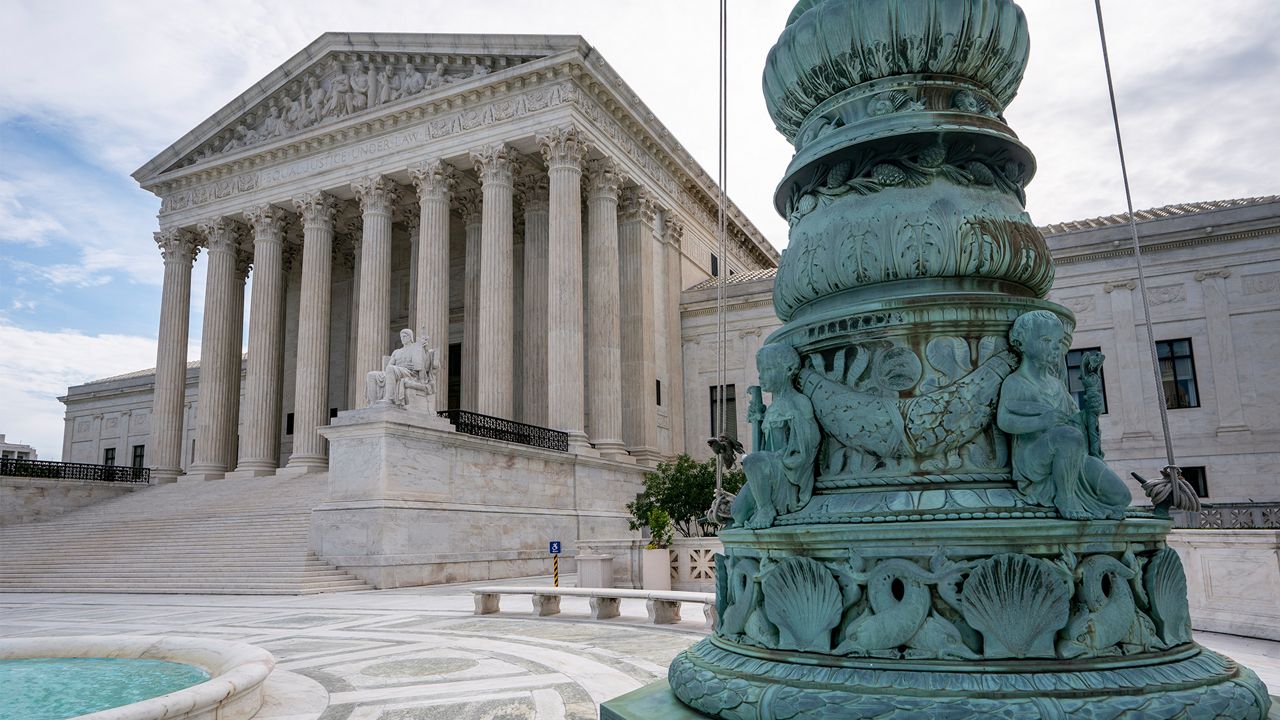NATIONWIDE — At first blush, it seemed like good political news.
But President Trump wasn’t seeing it that way — and he let his fingers do the talking.
“POLITICAL WITCH HUNT!” he tweeted — one of a number of expressions of ire about the day’s events, many capitalized.
On its last day of a tumultuous session in a plague year, the Supreme Court had just shut off the likeliest path voters would see the president’s taxes before Election Day.
By a 7-2 decision, it declined to grant the Democratic-controlled House of Representatives the right to review (and, potentially, leak or release) the president’s financial documents. Instead, it kicked the decision to a lower courts, where it is expected to linger in the legal muddle past November.
At the same time, by the same margin, the court also ruled against Trump: the Manhattan District Attorney, Cy Vance Jr., has the right to subpoena financial records from the sitting president. The office is reportedly looking into potential crimes stemming from hush money payments that Trump’s former personal lawyer Michael Cohen arranged for a pair of women claiming to have had extramarital affairs with the president.
“No citizen, not even the president, is categorically above the common duty to produce evidence when called upon in a criminal proceeding,” wrote Chief Justice John Roberts Jr.
But if Trump was concerned about what he’s been consistent about since he was a candidate — that voters not see his taxes — he probably shouldn’t be. The D.A. was looking for the documents to present to a grand jury, which meets in secret.
So why the ire? Perhaps the answer can be found in events occurring almost precisely when the Supreme Court decision was posted: Cohen was going back to prison, for a crime he blames on his former boss.
He had pleaded guilty in 2018 to a range of federal charges, but was released on furlough to stem COVID-19 from coursing through prisons. Then he was taken back into federal custody, according to his attorney — reportedly for violating the terms of his home confinement.
In other words, the consequences of all this are real. And while it’s unclear the president can be charged while in office for state crimes, there’s no immunity when he leaves.
Nor is there any guarantee that the D.A. is only looking at the Cohen case. Vance’s office said in a statement: “Our investigation, which was delayed for almost a year by this lawsuit, will resume, guided as always by the grand jury’s solemn obligation to follow the law and the facts, wherever they may lead.”
To be sure, the president insists he’s done nothing wrong; at the same time, being a target is unnerving.
“It’s a very big deal for anybody to be under criminal investigation. It’s distracting at a minimum and could become an obsession,” Daniel R. Alonso, a former federal and state prosecutor in the Manhattan District Attorney’s Office now a partner at Buckley LLP, told Spectrum News.
The court’s decisions are landmark cases regarding presidential power. At the same time, it’s unclear they will change the contours of this particular presidential election. Polls have shown most Americans want Trump to release his tax returns, but it’s not disqualifying.
It’s possible that the presumptive Democratic nominee Joe Biden, who is ahead in key swing state polls, will insist his rival release the returns on condition of debating him.
At the same time, it appears there are more pressing concerns for Americans than taxes: the economy, for one; or racial justice; or the pandemic, which required arguments for these very Supreme Court cases be held over teleconference for the first time in its history.
